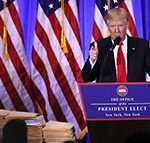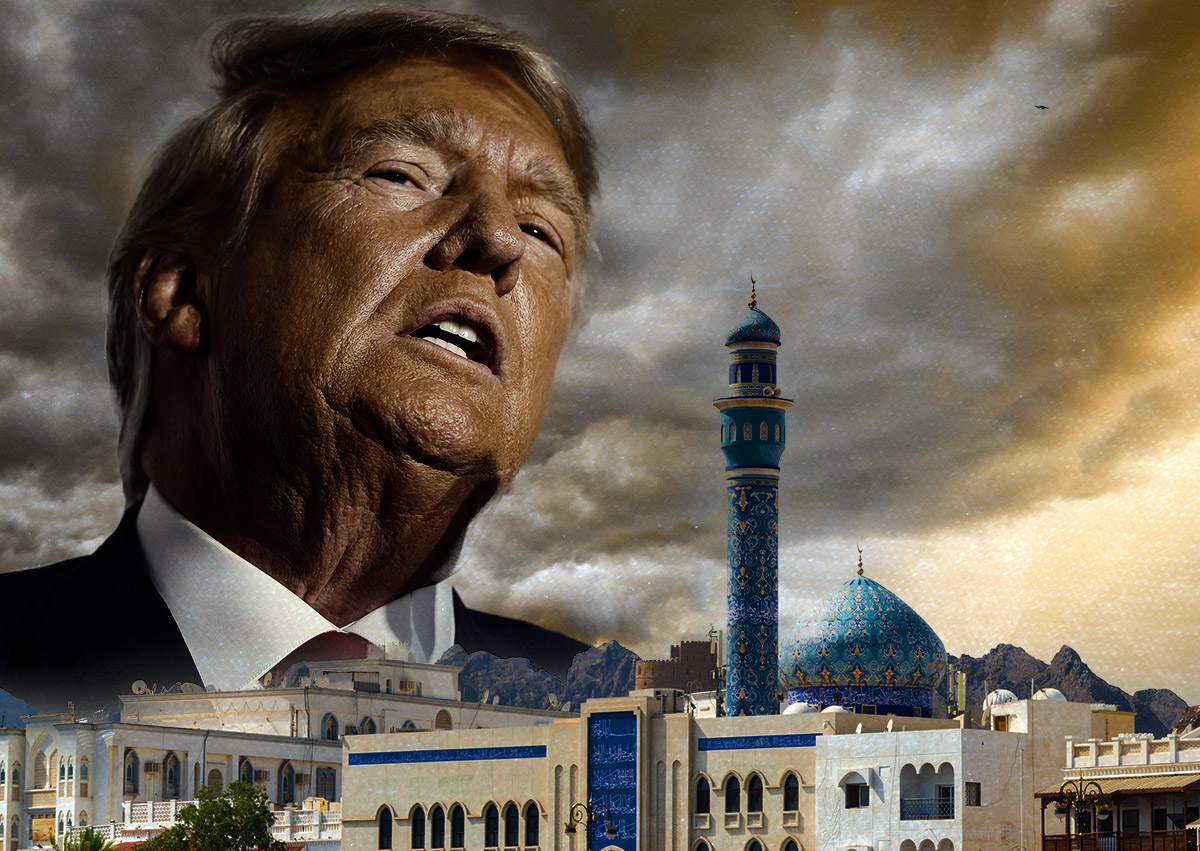Ethics concerns be damned: the Trump Organization is open for international business as Donald Trump readies for his second term as president.
The Trump Organization is preparing to forge ahead with its global real estate ventures during Trump’s upcoming term, with a less restrictive ethics approach compared to his first term, the New York Times reported. Eric Trump, the de facto leader of the family business, is expected to pursue international real estate deals while avoiding direct transactions with foreign governments.
Eric is developing Trump-branded projects across multiple countries, including Oman, Saudi Arabia, Indonesia, India, Vietnam, and the United Arab Emirates. He also has a key partnership with Dar Al Arkan, a Saudi Arabian real estate company with royal family connections.
In Oman, the partners are developing a golf course, hotel, and villa complex, a deal involving profit-sharing with the government due to its ownership of the land. The Trump Organization has already earned $7.5 million from the deal, despite the complex being years away from opening.
In October, the Trump Organization announced new developments in Vietnam, and the company remains interested in potential Israeli projects, though Eric indicated he’s waiting until the current conflict ends.
While avoiding deals with certain geopolitically sensitive nations like Russia and China, the company is seeking growth opportunities internationally.
The organization is crafting an ethics “white paper” expected to include a prohibition on direct deals with foreign governments, the potential naming of an outside ethics adviser and the donation of profits from foreign government officials at hotels and golf clubs to the U.S. Treasury.
This approach differs from a more restrictive ethics policy in Trump’s first term. The company aims to balance potential public criticism with continued business expansion. Eric stated he takes the responsibility of the tricky spot “very seriously.”
Legal experts like Fordham Law School professor Zephyr Teachout have criticized the company’s approach, suggesting it may violate anti-corruption provisions and trigger new emoluments clause lawsuits. The president-elect faced such lawsuits during his first term, only for them to be dismissed upon his exit from office.
Read more



